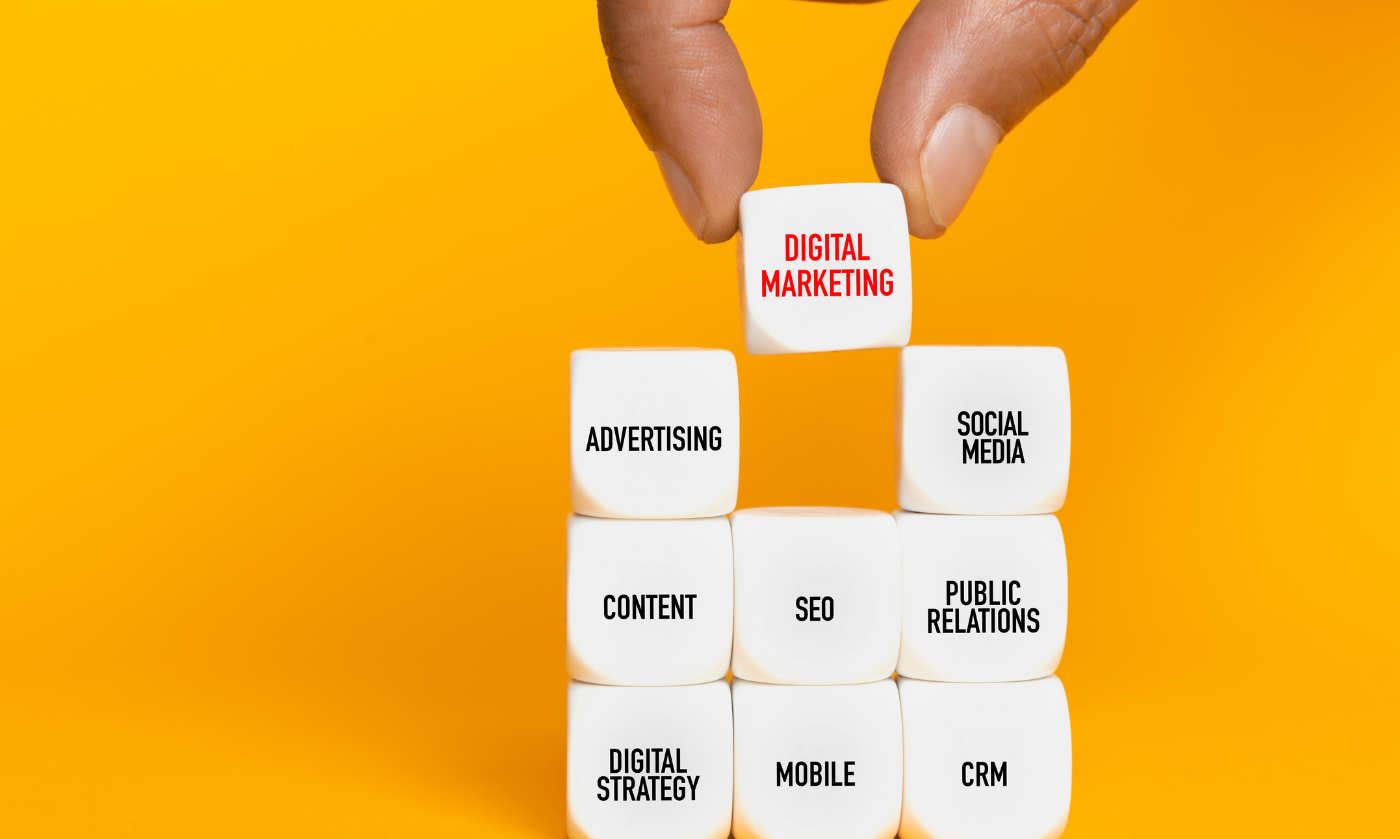
Digital marketing has become an increasingly crucial component of many companies’ overall marketing strategy in recent years. This digital trend has resulted in a gradual increase in mobile marketing. After all, mobile devices account for over half of all online traffic worldwide, and that figure is only expected to climb.
When it comes to mobile marketing trends, we are no longer just talking about human technological developments. We must also stress how the changing conditions (the new normal) have contributed to the evolution of the mobile environment. What happened during the pandemic was a significant push to the evolution as the industry is required to develop quicker in the coming years for the evolving customer experience. As a result, marketers must ensure that they identify customers in the proper areas and approach them with the right plan.
To assist marketers in determining how to make the most of their campaigns, this blog will cover the essential mobile marketing software trends and industry data for 2022 that are changing the industry. Marketers may uncover data-driven trends in anything from mobile commerce to shoppable social media posts to mobile games to help them create their mobile marketing strategy. As a result, organizations may have a successful mobile marketing plan despite the obstacles of growing ad costs and the digital divide.
M-commerce Is the New Normal
Mobile commerce, also known as m-commerce, grew significantly during the pandemic. Many brands include shoppable links in their social media content nowadays. Influencers and marketers are taking advantage of this to meet audiences on different social media. Experts estimate that time spent on shopping apps will continue to rise as mobile commerce grows.
People’s purchasing habits were significantly altered after the COVID-19 outbreak. They developed a new shopping habit which is purchasing products through mobile shopping applications rather than visiting actual stores due to public health restrictions during the pandemic. So it’s not surprising that mobile commerce is expected to increase by 68% this year. Furthermore, this expansion is projected to continue in tandem. Businesses will have to rely more on mobile marketing efforts as more people purchase online in the modern era.
Growth in Mobile Voice Search
Key voice search data show that voice search optimization is becoming more important in marketing efforts. This is especially relevant given the presence of health and safety concerns during the pandemic, which triggers consumer interest in hands-free technology. A survey revealed that people want to use speech technology to avoid pathogens or pollution.
With the increased usage of home electronic devices such as Amazon Echo and Apple HomePod, more people are turning to voice to acquire search results and responses. That figure will rise in the coming years as more people purchase these gadgets for their homes and continue to use them on their cellphones.
Shopping with Augmented Reality
Last year, we witnessed a rise in augmented reality buying. Many e-commerce applications now allow you to examine a product in your home if you’re shopping for your house. That is a fantastic method for customers to see how the product will appear in their house. This is a game-changer for them because it offers a convenient and tailored customer journey.
IKEA was one of the pioneer corporations to use augmented reality to provide a more personalized and engaging customer experience. Applications like IKEA Place and IKEA Foundation AR allow buyers to view how a piece of furniture might appear in their homes. This creates a fun and memorable experience and guarantees that customers receive a product in the desired size and colour. This showcases the potential of augmented reality: bringing an extraordinary and high-touch customer experience.
Creating User-generated Content
86 percent of customers say authenticity is a key element in determining which businesses to support. If the brands or marketing strategies are suspect or appear disjointed, potential consumers will notice. And they’re likely to go to other brands that they trust.
User-generated marketing, or marketing your business through real consumers, exists. Your consumers want to see real people doing real things. Brands are learning to leverage the genuine consumer experience rather than promoting with stock photos and material authored by someone who has never tried their products.
Video-Focused Social Networking
Social and video commerce will shoot up as businesses develop novel methods to combine live streaming or video with quick purchase capabilities that are easy to consume via mobile media. Advertisers have taken notice of Tiktok’s rapid rise in popularity. As seen by the hashtag #TikTokMadeMeBuyIt, which has been watched over seven billion times, a number of things have gone viral on the platform. Retailers and businesses are dedicating a significant portion of their advertising to Tiktok content. Instagram, too, offers a similar function called Reel that allows users to submit short video segments.
Consumers and marketers now enjoy a dynamic mobile experience that caters to every need, from entertainment to shopping to information search, thanks to technological advancements. Augmented reality, smartphone applications, and shoppable connections transform the in-store purchasing experience into a digital experience. Streaming, short-form video platforms, and social mobile games satisfy our want to unwind and share our experiences with others. Meanwhile, visual and voice searches make finding information on a mobile phone much easier.
Keeping up with mobile marketing software developments and industry data can provide marketing professionals with a competitive advantage when they launch campaigns. Looking at the most recent mobile marketing data might also be beneficial in determining the future of mobile marketing. This allows them to base their marketing strategy not just on industry trends, but also on data.
Author
Sahil is an automobile engineer turned data-driven marketer. He started his journey as an event marketer and then paved his path into digital marketing while completing his bachelor’s degree. He received the Student of the Year award in his bachelor’s and Student Appreciation Award during his M.B.A.
Sahil Dabholkar
MARKETING AUTOMATION/ DIGITAL ASSOCIATE